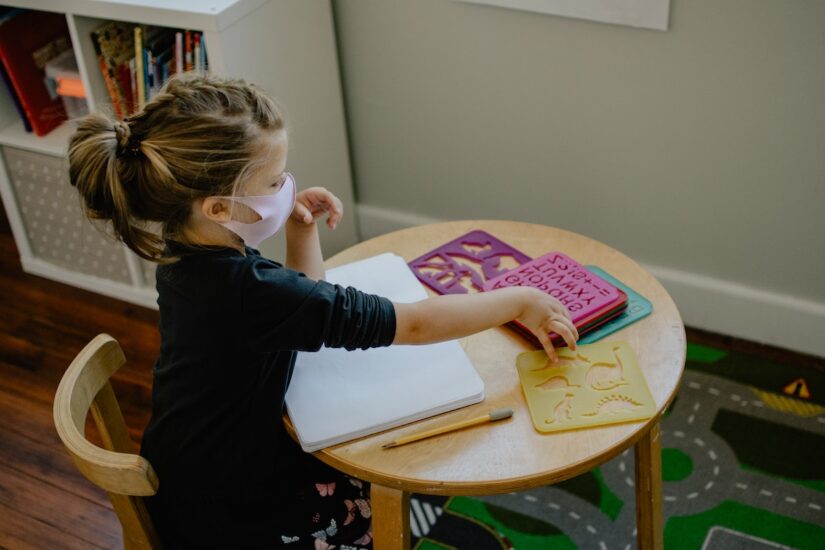Since the start of the global pandemic, researchers at WashU’s Social Policy Institute (SPI) have been hard at work to understand the socioeconomic impacts at home and abroad. Through a longitudinal, nationally representative survey, they have been tracking how Covid-19 is affecting households in Israel and the United States. For example, in Israel SPI investigated the disproportionate hardships among different religious sectors affected by the pandemic, the impact on women with young children leaving the workforce, and vaccination uptake and perceptions among adults and children. Timely data generated from these surveys is now enabling SPI to provide critical evidence to policymakers in real time.
Just before school was set to start in August 2021, the Ministry of Education held an emergency meeting to discuss safely opening school during COVID-19. Given the timely work, SPI director Michal Grinstein-Weiss and Oren Heller, postdoctoral research associate, opened the meeting and presented exclusive findings about the adverse effects of isolations on children’s behavior.
More than half of Israeli children were in isolation at least once during the 2020-2021 academic year. SPI’s survey data linked isolation to emotional difficulties and negative behaviors such as anger, violence, prolonged screen time, and difficulties sleeping. These symptoms were even more severe among children who experienced multiple isolations. Moreover, isolated children from lower socioeconomic backgrounds often faced increased hardships.
The evidence provided by SPI translated into clear policy recommendations for the Knesset. These findings helped bring about a policy adjustment, enabling more non-infected students to stay in school pending specific health protocols. They are also sparking further conversation on various strategies to reduce the unintended consequences of the pandemic on children.
Thanks to a seed grant from the McDonnel International Scholars Academy, we were able to quickly field a rigorous, longitudinal survey following 2,400 families every three months from the start of the pandemic. As a result, we’ve generated a lot of support and insight for policy discussion,” said Grinstein-Weiss. “Our partnership with international researchers also enabled us to quickly disseminate findings to improve quality of life for people all over the world during these challenging times.
The collaboration between researchers in St. Louis and Israel is building further momentum. With additional funding from the Mastercard Center for Inclusive Growth and Centene Center for Health Transformation, the team is gathering more data related to vaccination trends and the economic recovery. By collecting data across both the U.S. and Israel, SPI researchers perform comparative analysis, in addition to looking at each country individually.
Many of our findings in Israel also have policy relevance in the United States. Israel is leading the way in vaccinations globally, and there are important lessons to be drawn from its experience. In another survey we looked at vaccination trends and vaccine hesitancy among both adults and children. These insights will be helpful for both Israel and the greater international community
Grinstein-Weiss
Read more research and media coverage from the Social Policy Institute supported by a seed grant from the McDonnell International Scholars Academy.
